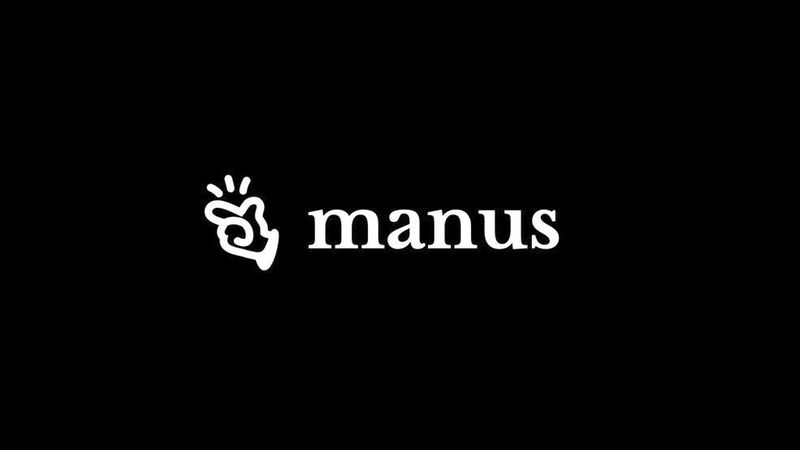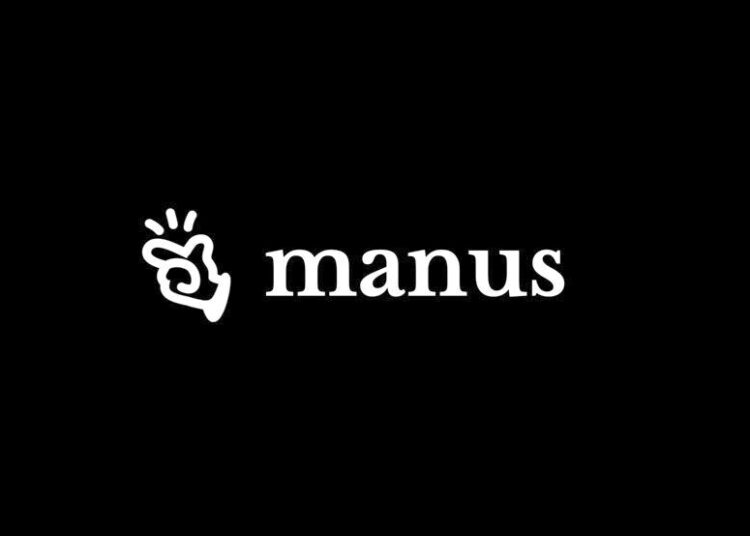Cannibalizing AI competitors?
A New “Wonder Kid”? Manus, the New Hype AI Agent from China
From
Henrik Bork | Translated by AI
The DeepSeek moment was just two months ago. And Manus is already causing a new stir. Manus, named after the Latin word for “hand”, an AI agent from China that can supposedly do even more than chatbots like ChatGPT or DeepSeek, is making international headlines.

(Image: Manus.im)
Manus is a general-purpose AI model, a “general-purpose AI agent” that can perform tasks independently, according to its inventors. “It doesn’t just think, it delivers results,” they write on their website www.manus.im. In a video on the website, Yichao “Peak” Ji, one of the founders of the start-up “Butterfly Effect”, has the general-purpose AI agent perform a series of tasks. Manus compares resumes of job applicants and provides recommendations for the best candidates, searches for suitable real estate in New York or creates a complete website, all after entering a few prompts.
After the programmers drew attention to their agent on the X platform on March 6, 2025 and initially invited a limited number of users to test it, a worldwide frenzy began that had not been seen since the launch of DeepSeek. The head of product at Hugging Face, an American software company, called Manus “the most impressive AI tool I’ve ever tried”. As you first have to receive a link with an invitation before you can try out Manus, these links were traded on the black market shortly afterwards for up to 50,000 yuan (more than 6,300 euros).
More and more enthusiastic initial reactions made the rounds. Deedy Das from Menlo Ventures wrote on LinkedIn that Manus had helped him analyze Tesla’s shares. According to Das, the new AI agent from China completed two weeks of “professional-level work” in around an hour. Shortly afterwards, Manus’ servers were overloaded. Chinese journalists who wanted to visit one of the start-up’s two branches in Wuhan (the other is in Beijing) stood in front of a locked gate. A sign hung on it. “Closed for development work. Please do not disturb.”
Bugfixing and expansion
The second co-founder of Butterfly Effect and CEO of the young company, 33-year-old Xiao Hong (nicknamed “Red”), wrote on the Jike platform that his team was currently busy “expanding the computing capacity and fixing bugs”. After the initial rave reviews, more critical reviews began to do the rounds. In the absence of further details to feed the hype, reporters now pounced on the flaws in the still incomplete software.
From what he has seen so far, “there is plenty of evidence that Manus doesn’t get things right the first time, or gets stuck in endless loops”, Euronews quoted a professor in Chicago as saying. “Unfortunately, after 50 minutes, Manus failed at step 18 of 20,” said the founder of an AI start-up. Social media around the world had run out of topics anyway – and as usual, everyone wanted to add their two cents.
They are a “small team”, a company spokesperson told TechCrunch after the PR headwind began. “The main goal of the current closed beta is to stress test various parts of the system to identify issues.” The critics, again in the absence of better information, picked up on various posts on social media stating that unlike DeepSeek, Manus is not a new LLM developed in-house, but “just a refinement” or “evolution” of open source models such as Alibaba’s Qwen or Anthrophic’s Claude.
The fairest assessment under the current circumstances probably came from a reporter from the Bloomberg business agency: “After playing around with the agent for a few hours, I found it to be imperfect and glitchy – but still incredibly impressive.” So the question of whether or not Manus has provided the next “DeepSeek moment”, or whether this can serve as proof that Chinese programmers are winning the AI race with the US despite all the AI semiconductor boycotts from Washington … all these questions will have to be put on hold for a while until a wider public gets access to Manus.
What the launch already proves, however, is the rapid pace at which new innovations in the field of artificial intelligence are constantly raising the bar for AI models and applications. We will have to get used to this new pace. (sb)









